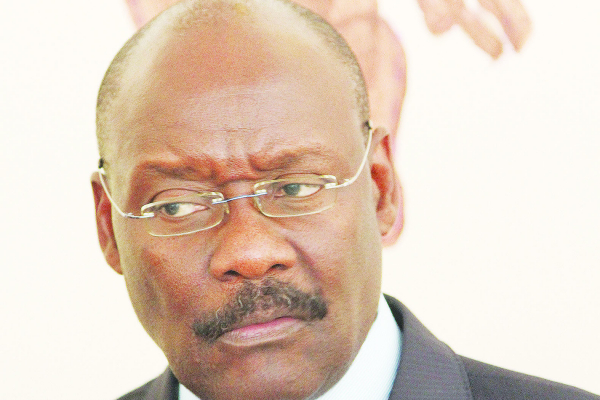
THE recent directive by Health minister David Parirenyatwa compelling public health institutions to include expecting mothers among groups of people eligible to receive free medication, is a welcome development, but appears more of a Zanu PF vote-buying gimmick than a humanitarian gesture, considering that it is coming just a few months before a major election.
Before that, only children under five years and senior citizens aged 65 and above were entitled to the benefit.
While at face value, the policy appears quite humane considering the vulnerability of the targeted groups, its timing raises eyebrows given the Zanu PF government’s propensity to introduce costly populist policies on the eve of a major poll to woo voters to its side.
Our fear is that the move would push most public hospitals to the brink and compromise health service delivery, given that user fees paid by patients normally subsidised hospitals’ operational costs.
Examples abound of government populist policy moves that have turned detrimental to the economy.
While this health policy is not entirely new, as it was once implemented at independence in 1980 with support from an Act of Parliament, successive Zanu PF governments had shelved it due to funding challenges.
In the run-up to the 2008 elections, former President Robert Mugabe ordered hospitals to offer free treatment to children under five years and adults above 65 years without the support of an Act of Parliament — a move seen as meant to undercut the opposition ahead of the polls.
As if that was not enough, the 2013 Local Government ministry policy directive compelling all local authorities to write-off residents’ unpaid bills on the eve of the harmonised elections also raised many eyebrows.
- Chamisa under fire over US$120K donation
- Mavhunga puts DeMbare into Chibuku quarterfinals
- Pension funds bet on Cabora Bassa oilfields
- Councils defy govt fire tender directive
Keep Reading
Several, if not all, local authorities are yet to recover from that directive.
Our scepticism with the latest health policy directive is premised on the fact that just a month ago, Finance minister Patrick Chinamasa announced his 2018 National Budget statement, where the health sector came a distant fifth in terms of priority, with a measly allocation of $454 million.
Of that vote, $297 million is earmarked for employment costs, while $119 million would be for operations and maintenance.
Prior to that, Parirenyatwa had proposed a $1,3 billion budget for his ministry to run smoothly, probably even without charging user fees.
But Chinamasa saw it fit to slash the ministry’s allocation to a bare minimum.
We then wonder how Parirenyatwa hopes to bridge the gap arising from withdrawal of user fees.
At this stage, we cannot, as a country, take such risks and unsustainable gamble of making reckless policy pronouncements in the hope that donors would chip in and fill the funding gaps created by such moves.
We hope Parirenyatwa did not make the move just to show his new principal that he has done something within his first 100 days in office.
With elections just five months or so away, more such ill-advised policy pronouncements cannot be ruled out.







